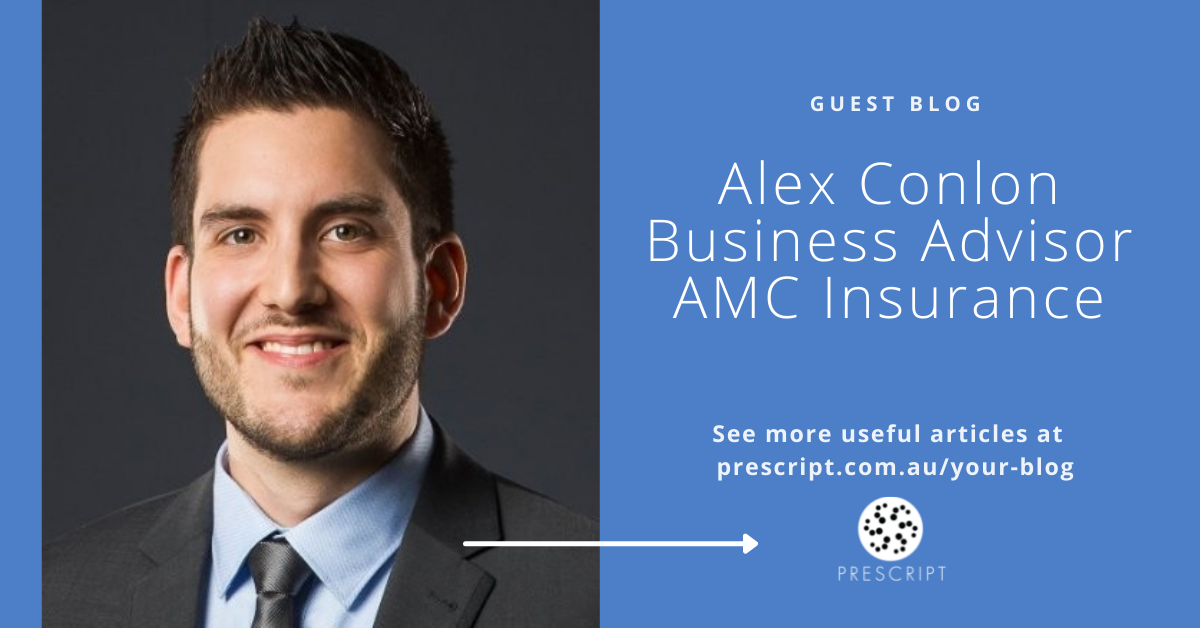Paperwork! For most people, form filling is not high on their enjoyment list. Neither is trying to navigate the various requirements across different States and health services. That’s where we come in.
“At Prescript, our aim is to ensure the highest standards with credentialing, customer service and recruitment processes are adhered to. I want to make life easier for the doctors and clients that we work with.”
Any doctor who has worked in more than two locations (and that’s most doctors) will agree that it can be such a pain completing various documents, online checks and making sure everything is still valid in the process. I often have conversations with our doctors about these differing requirements, and I know it is a cause for great frustration.
However, there is some credentialing paperwork that is broadly required across most health services. Because of this, we have created our own checklist - Prescript Quality Standards (PQS).
PQS has three main benefits:
➝ Hospitals, clinics and practices can have peace of mind that each Prescript doctor has met a consistent level of background checks.
➝ Doctors can rely on PQS to help their applications stand out, plus minimise paperwork duplication.
➝ Internally, we use PQS to judge when a doctor is ‘job ready’ - only doctors who have met the Prescript Quality Standards can start in a new position.
“Because all of our clients have their own different, yet overlapping, credentialing, we thought it essential that we can rely on our own foundation of standards.”
What is part of our PQS checklist?
✓ PQS Prescript Interview Report - with one of our medical recruitment partners
✓ PQS Registered with Prescript as a candidate
✓ PQS Answered disclosure questions
✓ PQS Medical Board Registration checked
✓ PQS Shared a copy of driving licence and passport
✓ PQS Provided proof of qualifications - Primary Degree and Fellowship
✓ PQS CV updated for recent work history
✓ PQS Right to work checked (citizenship and visas)
✓ PQS Google keyword search
✓ PQS Three reference reports (two as a minimum)
What is not part of our PQS checklist?
[These can be location specific and requested by the health service]
➝ Working with children checks
➝ Police clearance reports
➝ Immunisation/vaccination evidence
What Does This Mean For You?
Removing the headache of paperwork is our key driver - doctors can rely on Prescript to keep admin to the minimum, yet at the same time know that we take quality and standards seriously.
If you’d like to work with us, or simply want to join our network, just connect with Prescript by clicking the button below - we’d love to hear from you!
About Stef McLaughlin
Stef is Prescript’s Credentialing, Quality & Giving Manager, working with regional hospitals and practices across Australia to ensure that doctors start on time. Stef is responsible for Prescript’s quality management processes and our giving relationship with the Buy1Give1 programme.
There are three ways to contact Stef:
Call Stef on 0416 544 577
Email stef@prescript.com.au
Click 'Connect with Prescript'
“Paperwork, credentialing and travel logistics can sometimes be such a headache! My role is to ease the pain and guide all our doctors through the process. Hopefully the hospitals, clinics and doctors I work with feel they are well supported by me and the Prescript team”
“Prescript are medical recruitment specialists.”
At Prescript we’re known for helping solve the regional doctor shortage in Australia.
Every day we’re focused on two clear outcomes - Helping hospitals find doctors that create departments and clinics that run better, have more capacity and less stress. And placing Doctors in jobs that leave them feeling highly valued, rewarded and, most importantly, enjoying what they do.
We believe that when we get these two crucial things right, it has a huge impact on the regional doctor shortage and the healthcare of communities across Australia.
There are three ways to contact us:
Call 1800 755 498
Email contact@prescript.com.au
Click 'Connect with Prescript'
We’d love to hear from you!
“We’re known for helping solve the regional doctor shortage, leaving doctors loving what they do and regional communities feeling like they have the best doctors in town.”















